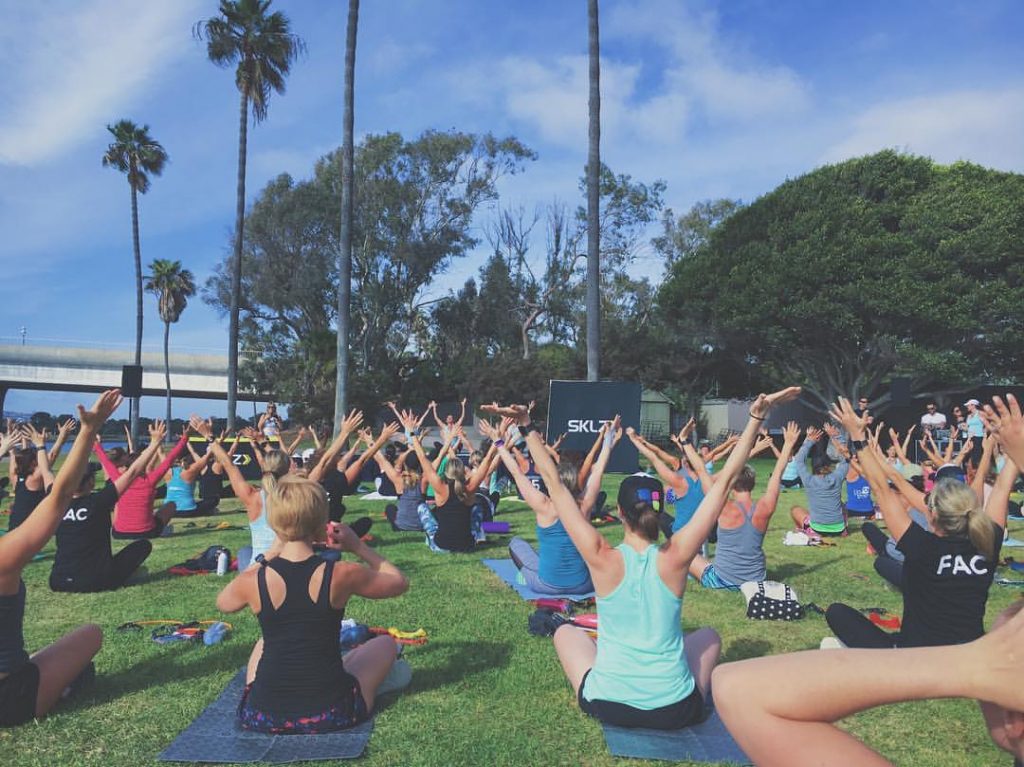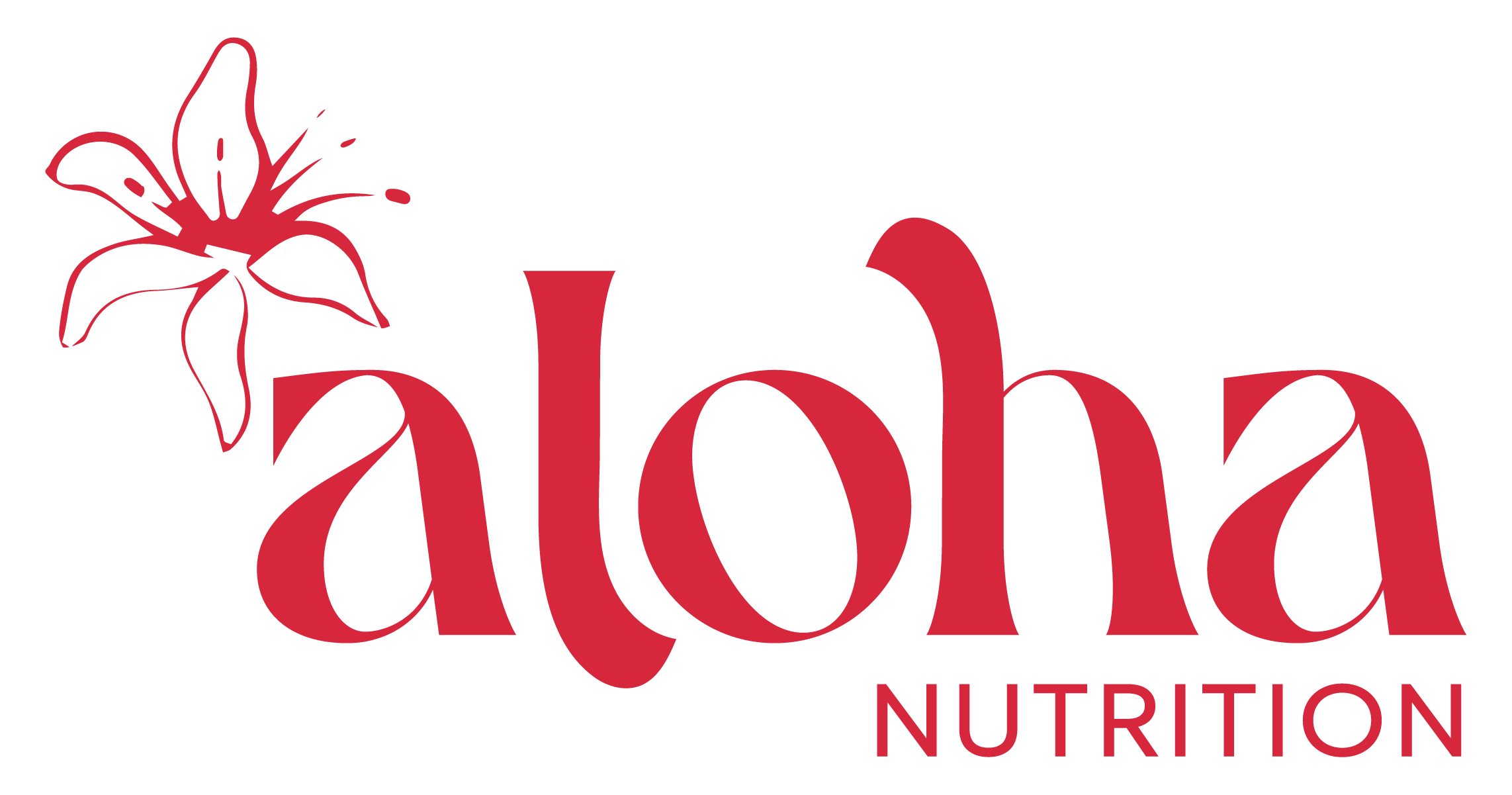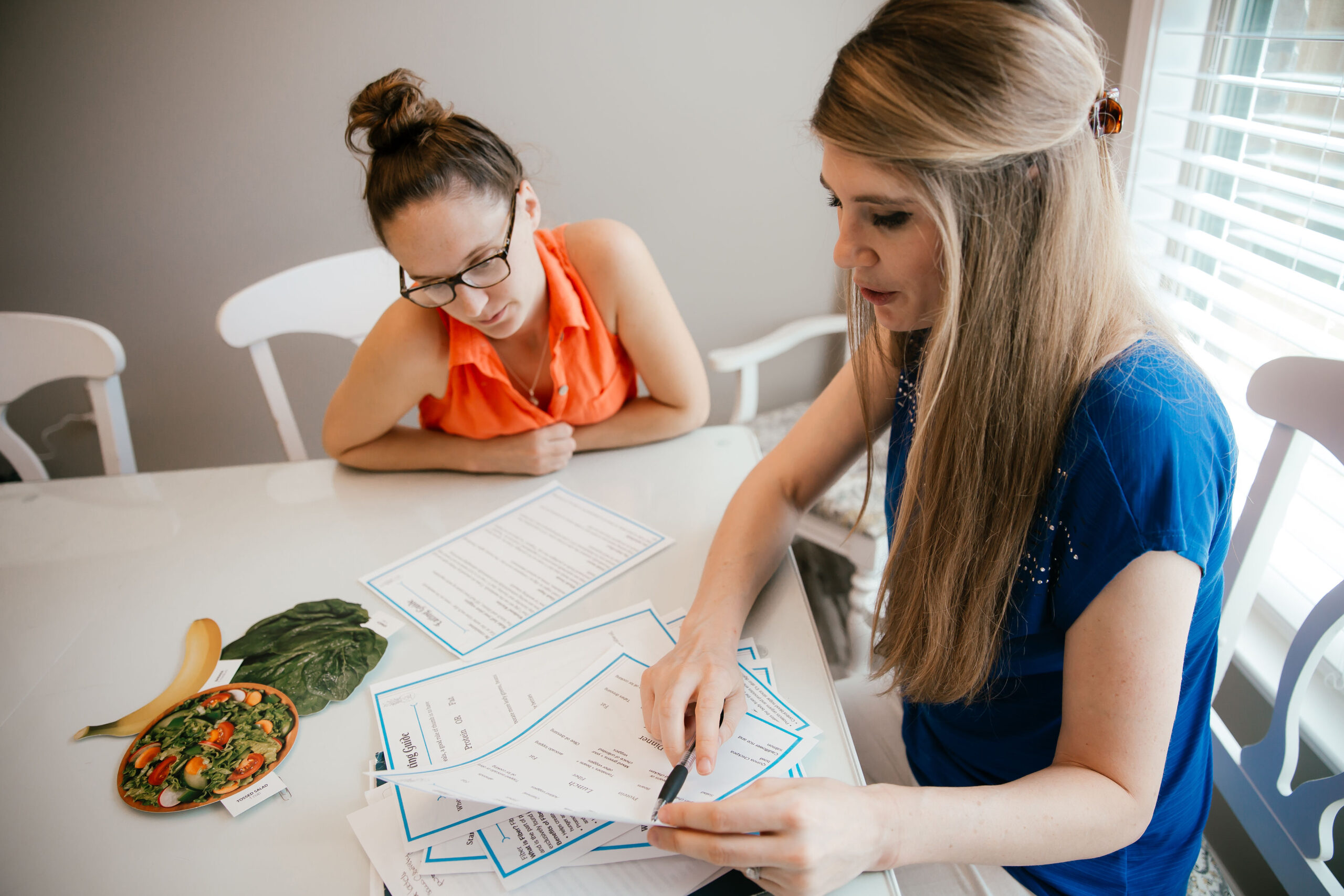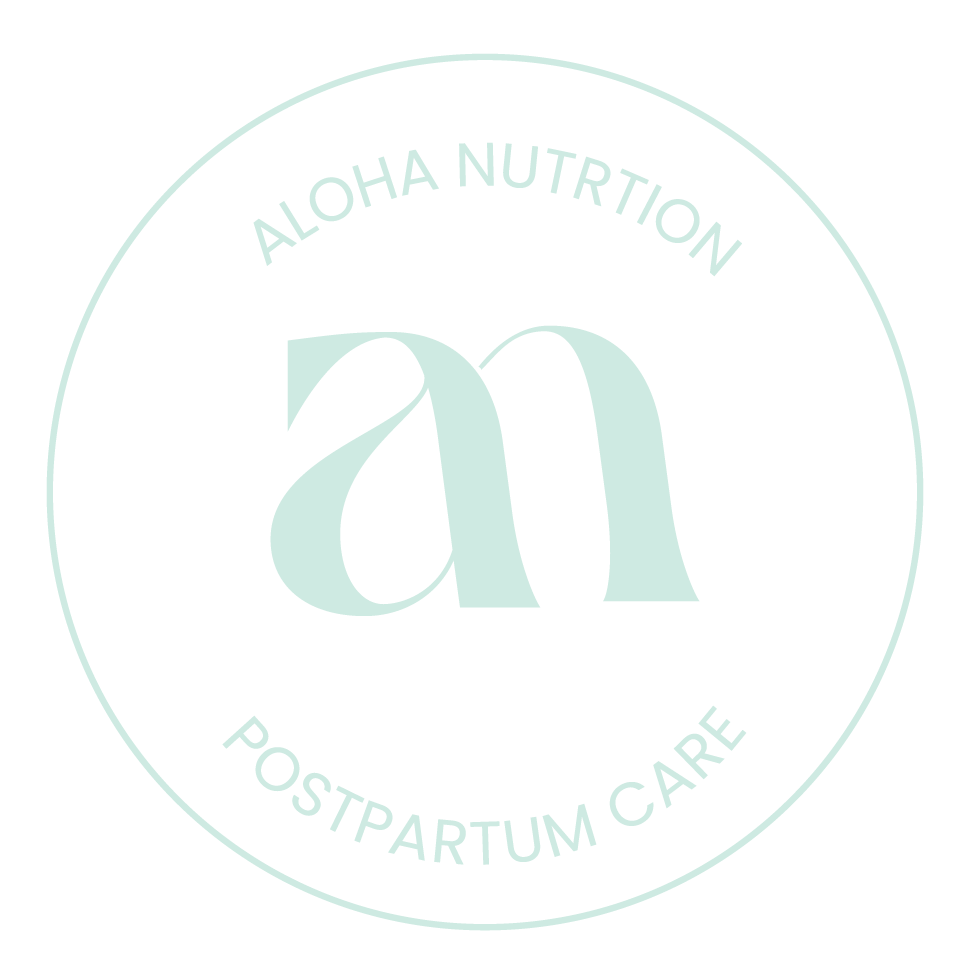Congratulations! You just found out you’re pregnant! Now what?! There are so many things to do in the next nine months to get ready for your little one. Between buying all the baby necessities, going to all your doctor’s appointments, dealing with morning sickness and moodswings etc, it can be hard to stay on top of your health. I’ve asked my student intern, Makenna Obrien, to tell us 5 ways to have a healthy pregnancy. This is a 3 part series and today Makenna is teaching us 5 overall tips for a healthy pregnancy

1. Make a Plan
See your doctor/midwife as soon as possible. This can help you organize your care and you have the opportunity to receive helpful advice for a healthy pregnancy from the beginning. Have your doctor look at any medications you are taking to be sure they are safe for pregnancy and make sure your immunizations are up to date.
2. Don’t focus too much on the scale
Many doctors will focus on the weight you gain during pregnancy, however weight does not always define your health status. Women are expected to gain weight during pregnancy but not everyone will gain the same amount of weight. It is important to look at all other health aspects, such as diet, physical activity, stress, and social support. Every woman will have a unique pregnancy for her body, and you can’t solely focus your attention on the scale.

3. Have a healthy diet
Diet is important because you’re not just nourishing your own body but you’re creating another human being. What you eat has a direct impact on your baby since you share the same bloodstream through the placenta. During pregnancy you might be having many cravings as well, try to do your best to stick to a healthy diet. Things such as:
Aim to eat at least 5 portions of fruits and vegetables every day, whether they are fresh, frozen or dried, any fruit is better than none.
Carbohydrates should make up a little over a third of what you eat at a meal. Foods such as vegetables, fruit and whole grains like brown rice, quinoa, whole wheat pasta, and whole grain bread are good choices.
Daily servings of protein are important to remember. Some examples are low mercury fish, eggs, chicken, nuts, beans, legumes, quinoa and tofu.
Avoid undercooked meats and cold cuts due to the risk of foodborne illnesses which does affect your baby
Cut out alcohol and smoking
Stay hydrated – your body is producing a lot more blood so fluid intake is important. Aim to have about eight glasses of fluids every day
Take a prenatal or multivitamin everyday, since they are important to help fill in any nutritional gaps in your diet. It is better to rely on a balanced diet for nutrients, but multivitamins can help where your diet may be lacking.
4. Exercise regularly
Do not become a couch potato! You may want to lounge around the house, but get up and get moving! You don’t have to go run 10 miles or exercise on machines for hours. You can do small things such as brisk walks, swimming and yoga. Exercising can help you cope with the changes to your posture and the strain put on your joints. It can help you maintain a healthy weight as you gain throughout your pregnancy. Regular stretching and exercise can help relieve backaches, morning sickness and constipation. Exercising while pregnant can also make it easier for you to get back into shape after you deliver.

5. Surround yourself with support
Emotional and practical support can be critical in avoiding prenatal anxiety and depression. Your support circle could possibly include your spouse/partner, friends, family members and even your doctor. A pregnancy can be an emotional rollercoaster full of excitement and fears, but having the support from your circle can help relieve some of the stress.
Pregnancy is such a beautiful and special time in your life. The next nine months will be over before you know it, and soon you’ll be holding your baby. Enjoy the journey in all it’s ups and downs, and hang in there when the going gets tough. Remember that your body is going through a lot of changes, be patient with yourself.

Photography Credit: Chantel Hodge, Fit4Mom




